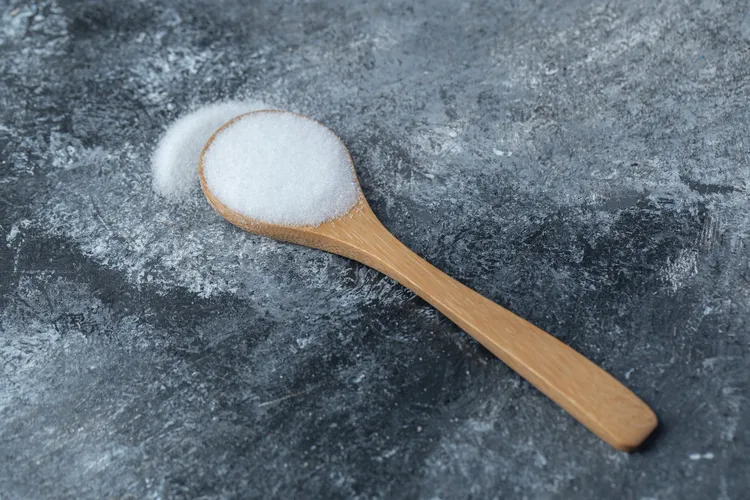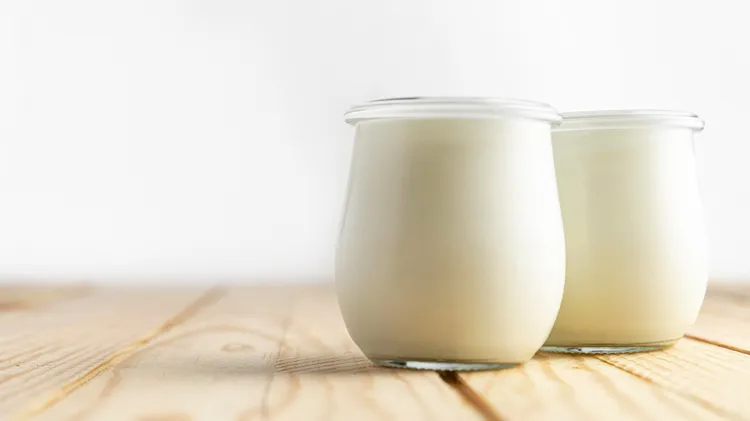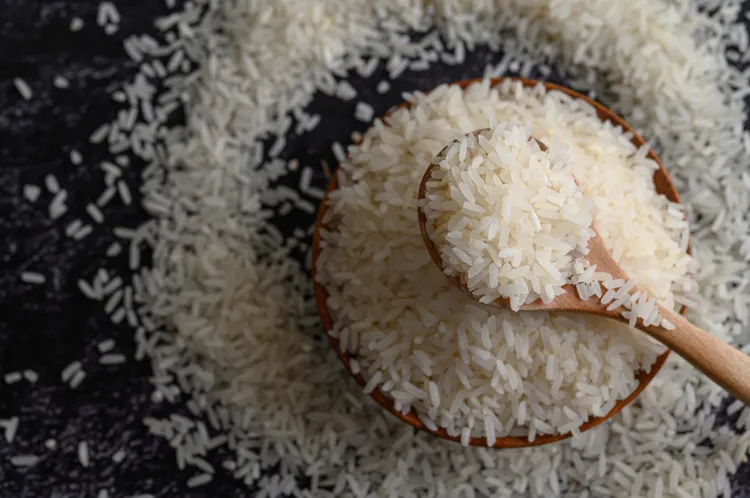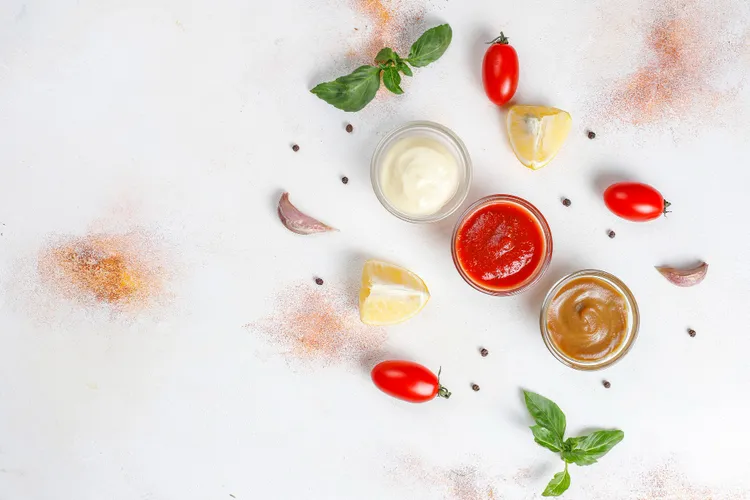10 Daily Foods That Are Secretly Damaging Your Health (And What to Eat Instead)
Let’s face it - we all want to eat healthier. But what if the foods sabotaging your health aren’t the obvious suspects like fast food and candy, but the ones you eat every single day? Many foods we consider “normal” or even healthy are quietly doing harm - from triggering inflammation to increasing your risk of chronic diseases.

Let's check 10 common daily foods that can damage your health, how they do it, and what to eat instead.
- Flavored Yogurt
The Problem:
While plain yogurt is a nutritious, probiotic-rich food, flavored yogurts are often packed with added sugars - sometimes as much as a candy bar. They can spike blood sugar and promote inflammation.
Health Risks:
- Increases risk of insulin resistance
- Fuels sugar addiction
- Disrupts gut health if overly processed
Better Option:
Choose plain Greek yogurt and sweeten it naturally with fresh fruit, cinnamon, or a drizzle of honey.
2. Breakfast Cereals
The Problem:
Even "healthy" cereals marketed as whole grain or heart-healthy are often loaded with refined sugars, artificial flavors, and minimal fiber or protein. Many are more dessert than breakfast.
Health Risks:
- Blood sugar crashes
- Weight gain
- Chronic inflammation
Better Option:
Go for steel-cut oats, overnight oats, or high-fiber granolas with no added sugar. Add nuts and berries for extra nutrients.
3. Fruit Juices (Even 100% Juice)
The Problem:
Fruit juice contains concentrated sugars with none of the fiber that whole fruits offer. Drinking juice causes a rapid spike in blood glucose - similar to soda.
Health Risks:
- Promotes fat storage
- Strains the liver
- Can increase triglycerides
Better Option:
Eat whole fruits instead. If you want a drink, dilute juice with water or try infused water or unsweetened herbal teas.
4. Processed Deli Meats
The Problem:
Ham, turkey, salami, and bacon are high in sodium, preservatives like nitrates/nitrites, and are linked to several health issues.
Health Risks:
- Increased risk of cancer (especially colorectal)
- High blood pressure
- Inflammation and heart disease
Better Option:
Choose fresh-cooked, unprocessed meats (like grilled chicken or turkey breast), or plant-based proteins like lentils or tofu.
5. Vegetable Oils (Like Canola, Soybean, Corn Oil)
The Problem:
Highly refined seed oils are rich in omega-6 fatty acids, which can be inflammatory when consumed in excess. These oils are often found in dressings, fried foods, and packaged snacks.
Health Risks:
- Disrupts omega-3/omega-6 balance
- Contributes to chronic inflammation
- May damage heart and brain health
Better Option:
Cook with extra virgin olive oil, avocado oil, or ghee. These fats are more stable and contain beneficial antioxidants.
6. Diet Sodas and Artificial Sweeteners
The Problem:
No calories doesn’t mean no harm. Artificial sweeteners like aspartame, sucralose, and saccharin can disrupt gut bacteria, increase cravings, and have been linked to metabolic changes.
Health Risks:
- Impairs insulin response
- Alters gut microbiome
- May increase appetite and weight gain
Better Option:
Drink sparkling water, unsweetened iced teas, or beverages sweetened with monk fruit or stevia (in moderation).
7. White Bread and Refined Grains
The Problem:
White bread, pasta, and rice are stripped of fiber and nutrients during processing. They digest rapidly, leading to blood sugar spikes and crashes.
Health Risks:
- Contributes to weight gain
- May increase risk of type 2 diabetes
- Offers little nutritional value
Better Option:
Choose whole grain or sprouted grain breads, brown rice, quinoa, or legume-based pasta.
8. Granola Bars & Protein Bars
The Problem:
Many bars are marketed as healthy snacks but are full of added sugars, hydrogenated oils, and artificial ingredients - more like candy bars in disguise.
Health Risks:
- Blood sugar fluctuations
- Tooth decay
- Encourages unhealthy snacking habits
Better Option:
Make your own bars with oats, nuts, dates, and seeds, or look for clean brands with fewer than 5-6 grams of sugar per bar.
9. Low-Fat or Fat-Free Packaged Foods
The Problem:
When fat is removed, it’s often replaced with sugar, starches, and synthetic additives to improve taste and texture - which can actually make these foods worse than their full-fat versions.
Health Risks:
- Misleads portion control (you think it’s “safe”)
- Raises blood sugar
- Lacks satiety and essential fat-soluble nutrients
Better Option:
Opt for full-fat versions in moderation, especially those from natural sources like yogurt, cheese, and milk.
10. Instant Noodles & Microwave Meals
The Problem:
These ultra-processed foods are convenient but loaded with sodium, trans fats, MSG, and preservatives. They offer little nutrition and lots of additives.
Health Risks:
- High blood pressure
- Nutritional deficiencies
- Harmful chemical exposure (from packaging too!)
Better Option:
Batch cook meals using whole ingredients, or prep easy options like stir-fried veggies, rice bowls, or soups you can reheat.
Quick Recap: Healthier Swaps
|
Unhealthy Option |
Healthier Swap |
|
Flavored yogurt |
Plain Greek yogurt + fruit |
|
Sugary cereal |
Steel-cut oats + berries |
|
Fruit juice |
Whole fruit / infused water |
|
Deli meats |
Fresh cooked meat / plant protein |
|
Vegetable oils |
Olive oil / avocado oil / ghee |
|
Diet soda |
Sparkling water / herbal tea |
|
White bread |
Whole or sprouted grain bread |
|
Granola/protein bars |
Homemade bars or clean low-sugar bars |
|
Fat-free packaged foods |
Full-fat natural versions (in moderation) |
|
Instant noodles/meals |
Prepped real food or clean frozen meals |
Eating clean doesn’t mean giving up everything you love - it means being aware of what you’re eating daily. These hidden health-wreckers sneak into our diets through marketing and convenience.
But with a few conscious swaps, you can reclaim your energy, reduce inflammation, and support long-term health.
Remember: Your health isn’t just shaped by what you do occasionally - it’s shaped by what you do daily.









